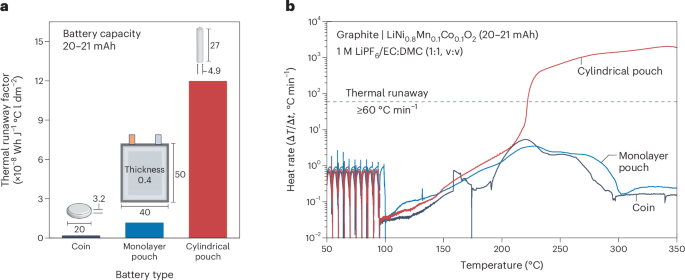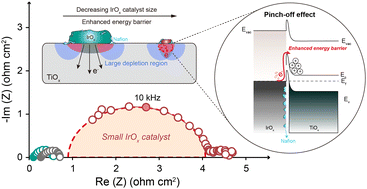Variation in adult sex ratios in tetrapods is linked to sex chromosomes through mortality differences between males and females
by Ivett Pipoly, Veronika Bókony, Jean-Michel Gaillard, Jean-François Lemaître, Tamás Székely, András Liker Sex chromosomes can determine male and female phenotypes, and the resulting sex differences may have significant impacts on ecology and life history. One manifestation of this link is that ZW/ZZ sex-determination systems are associated with more male-skewed adult sex ratio (ASR, proportion of males in the adult population) than XX/XY systems across tetrapods (amphibians, reptiles, birds, and mammals). Here, we investigate four demographic processes: male and female offspring production, sex differences in juvenile and adult mortalities and in timing of maturation that can contribute to ASR variation between XX/XY and ZW/ZZ systems, using phylogenetic analyses of a large dataset collected from tetrapod species in the wild. We show that sex differences in adult mortality reliably predict ASR that is also more male-biased in XX/XY species than in ZW/ZZ species. Sex differences in juvenile mortality and in maturation time also contribute to ASR skews, but do not differ consistently between XX/XY and ZW/ZZ systems. Phylogenetic path analyses confirm an influence of sex-determination system on ASR through sex-biased adult mortalities. Together these results infer that sex chromosomes can impact, via demographic pathways, frequency-dependent selection emerging from the relative number of males and females. We call for follow-up studies to uncover the potentially complex web of associations between sex determination, population dynamics, and social behavior.
by Ivett Pipoly, Veronika Bókony, Jean-Michel Gaillard, Jean-François Lemaître, Tamás Székely, András Liker Sex chromosomes can determine male and female phenotypes, and the resulting sex differences may have significant impacts on ecology and life history. One manifestation of this link is that ZW/ZZ sex-determination systems are associated with more male-skewed adult sex ratio (ASR, proportion of males in the adult population) than XX/XY systems across tetrapods (amphibians, reptiles, birds, and mammals). Here, we investigate four demographic processes: male and female offspring production, sex differences in juvenile and adult mortalities and in timing of maturation that can contribute to ASR variation between XX/XY and ZW/ZZ systems, using phylogenetic analyses of a large dataset collected from tetrapod species in the wild. We show that sex differences in adult mortality reliably predict ASR that is also more male-biased in XX/XY species than in ZW/ZZ species. Sex differences in juvenile mortality and in maturation time also contribute to ASR skews, but do not differ consistently between XX/XY and ZW/ZZ systems. Phylogenetic path analyses confirm an influence of sex-determination system on ASR through sex-biased adult mortalities. Together these results infer that sex chromosomes can impact, via demographic pathways, frequency-dependent selection emerging from the relative number of males and females. We call for follow-up studies to uncover the potentially complex web of associations between sex determination, population dynamics, and social behavior.



















































































































































